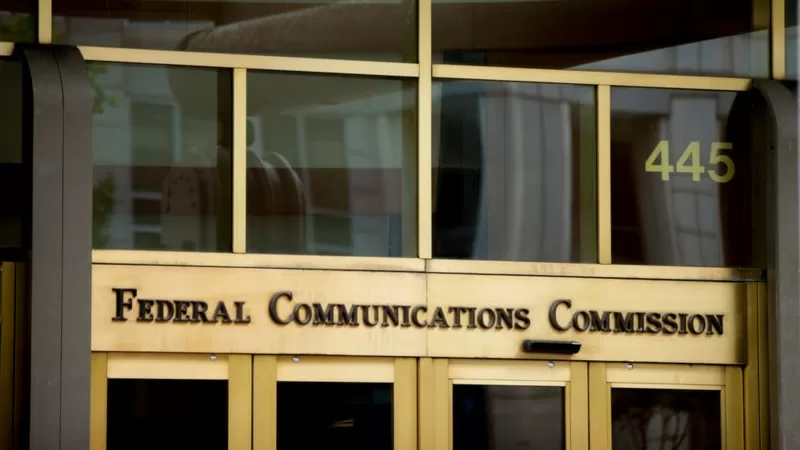WASHINGTON – On Tuesday, President Donald Trump signed an executive order aimed at expanding the White House’s authority over independent regulatory agencies such as the Federal Communications Commission (FCC). The order, titled “Ensuring Accountability for All Agencies,” would require these agencies to submit proposed regulations for review by the White House and consult with them on policies and priorities.
According to legal experts, the order is expected to face challenges in court as it marks a significant change in the way independent agencies operate. This move comes as the president has been working to consolidate power within the executive branch by removing inspectors general from various government agencies.
In addition to the FCC, other agencies that would be affected by the order include the Federal Trade Commission and the Securities and Exchange Commission. While the FCC does not directly regulate major news networks, it does oversee the actions of broadcasting stations that hold FCC licenses to use public airwaves.
Former FCC chairs have expressed their concerns over the order, stating that it goes against the agency’s nearly 100-year history of being independent. Tom Wheeler, who served as FCC chairman under former President Barack Obama, said, “It makes an independent agency that was created to be independent like an agency in the executive branch.” Similarly, Reed Hundt, who served as FCC chairman under former President Bill Clinton, added that it marks a departure from the traditional idea that the president should not be regulating the media.
Harold Furchtgott-Roth, a Republican who served as an FCC commissioner under Clinton, believes that the order will have a significant impact on the rulemaking process at the agency. However, he also stated that areas like enforcement might not be affected.
Democratic FCC Commissioner Anna Gomez has also expressed her concerns, stating that the order could undermine the agency’s technical expertise and subject it to political pressure. She also pointed out that Congress already provides oversight over the FCC and any attempts to expand executive influence will only weaken the agency’s standing as an independent and expert-driven regulatory body. Gomez, who has been a commissioner since 2023, added that she was worried about the implications of the order.
As of now, Trump-appointed FCC Chairman Brendan Carr, as well as Commissioners Geoffrey Starks and Nathan Simington, have not commented on the order. However, all three are expected to have different perspectives on the matter as Carr and Simington are Republicans, while Starks is a Democrat.
Kim Zarkin, a professor of communication at Westminster University in Utah who has researched the FCC for three decades, believes that it is crucial for independent agencies like the FCC to remain nonpolitical. While the commissioners are nominated by the president, there has always been an expectation that they would bring in their expertise and work in a nonpartisan manner.
Zarkin, who has written two books on the FCC, also mentioned that only time will tell if the order will have any significant impact on how the agency operates.
This executive order comes at a time when there are concerns that the FCC is being used to intimidate broadcasters through investigations, according to Democratic FCC commissioners and media law experts. The agency is currently investigating several broadcasters, including NPR, PBS, CBS, and NBC.
The investigations into NPR and PBS are related to whether they violated FCC rules by airing commercial ads. Both broadcasters have denied any wrongdoing. The CBS inquiry is looking into whether the network edited an interview with former Vice President Kamala Harris on “60 Minutes” in October. The interview is also at the center of a $10 billion lawsuit filed by Trump against CBS. However, CBS has denied any wrongdoing and recently published the unedited transcripts of the interview, which showed that they used slightly different parts of the same answer from Harris, a common journalistic practice.
The investigation into NBC is focused on the company’s diversity, equity, and inclusion practices, which has also raised concerns among Democratic FCC commissioners and media law experts.
In conclusion, President Trump’s executive order has raised concerns among experts and commissioners about its potential impact on the independence of agencies like the FCC. The move towards consolidating power within the executive branch and the ongoing investigations into broadcasters have also sparked fears of political interference. Only time will tell how this order will affect the operations of independent agencies and their ability to regulate without political influence.

